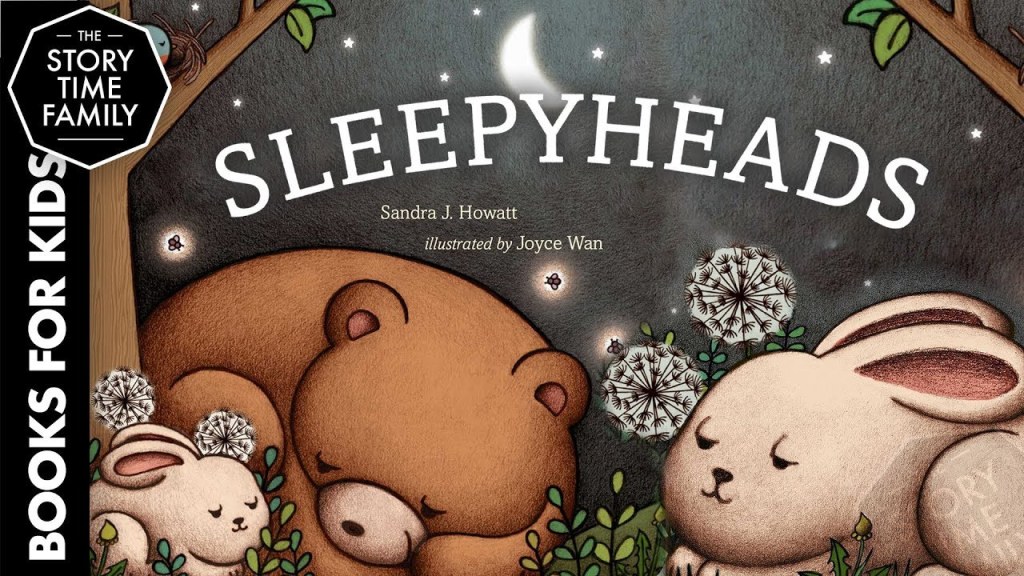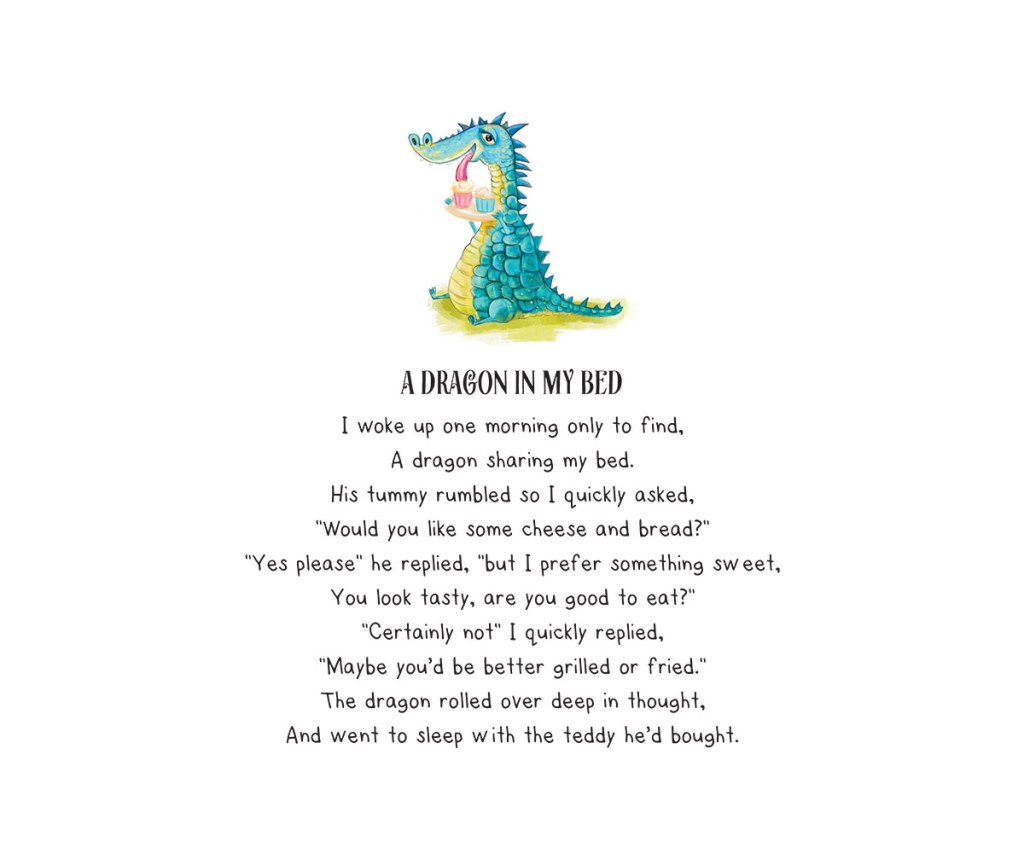Discover Engaging Bedtime Stories For Toddlers – Ignite Their Imagination And Create A Perfect Sleep Routine!
Bedtime Stories for Toddlers
Introduction
Good evening, Readers! Welcome to our article on bedtime stories for toddlers. As parents, we all know how important it is to establish a bedtime routine that helps our little ones wind down and prepare for a good night’s sleep. One of the most effective ways to do this is by incorporating bedtime stories into their nightly routine. Not only do these stories entertain and captivate young minds, but they also provide numerous benefits for their overall development. In this article, we will explore the world of bedtime stories for toddlers, discussing what they are, who they are for, when to read them, where to find them, why they are important, and how to make the most out of this cherished bonding time with your little ones.
3 Picture Gallery: Discover Engaging Bedtime Stories For Toddlers – Ignite Their Imagination And Create A Perfect Sleep Routine!



What are Bedtime Stories for Toddlers?
Bedtime stories for toddlers are short narratives that are specifically written and curated to engage and entertain children between the ages of 1 to 3 years old. These stories are usually read aloud by parents or caregivers as part of a nighttime routine to help children relax and prepare for sleep. They often feature colorful illustrations and simple, easy-to-understand language that captures the attention and imagination of young children.
Who are Bedtime Stories for Toddlers?

Image Source: booktrust.org.uk
Bedtime stories for toddlers are designed for children between the ages of 1 to 3 years old. This age group is particularly receptive to stories and enjoys the interactive experience of listening to a familiar voice, looking at pictures, and engaging with the story. However, older children can also benefit from bedtime stories, as they provide a sense of comfort and relaxation before sleep.
When to Read Bedtime Stories for Toddlers?
Bedtime stories for toddlers are typically read in the evening, as part of a consistent bedtime routine. The ideal time to read these stories is when your child is calm and relaxed, but still awake enough to listen and engage with the story. Aim to read the stories at the same time each night, as this will help signal to your child that it’s time to wind down and prepare for sleep.
Where to Find Bedtime Stories for Toddlers?
There are various sources where you can find bedtime stories for toddlers. One of the most popular options is children’s books, which are widely available in bookstores, libraries, and online platforms. Look for books specifically labeled for toddlers or those with simple language and vibrant illustrations. Additionally, there are also numerous websites and mobile applications that offer a wide selection of bedtime stories for toddlers, both in written and audio formats.
Why are Bedtime Stories for Toddlers Important?

Image Source: ytimg.com
Bedtime stories for toddlers play a crucial role in their overall development. Firstly, these stories help promote language and literacy skills by exposing children to new vocabulary, sentence structures, and storytelling techniques. They also stimulate their imagination and creativity, allowing them to explore different worlds and characters within the safety of their own beds. Additionally, bedtime stories help foster a love for reading and storytelling, setting a solid foundation for lifelong learning.
How to Make the Most Out of Bedtime Stories?
To make the most out of bedtime stories for toddlers, consider the following tips:
Choose engaging and age-appropriate stories that align with your child’s interests.
Read with enthusiasm and use different voices for characters to make the story come alive.
Encourage interaction by asking questions, pointing to illustrations, and allowing your child to turn the pages.
Create a cozy and comfortable reading environment, with dim lights and a soft, inviting space.
Be consistent with your bedtime routine and make reading a cherished bonding time with your child.
Allow your child to select the story sometimes, empowering them to make choices and feel involved.
After reading, discuss the story with your child, asking about their favorite part or what they learned.

Image Source: storyberries.com
Advantages and Disadvantages of Bedtime Stories for Toddlers
Like any activity, there are advantages and disadvantages to incorporating bedtime stories for toddlers into your child’s routine. Let’s explore these in detail:
Advantages:
1. Language and Cognitive Development: Bedtime stories expose toddlers to new vocabulary, sentence structures, and storytelling techniques, aiding in language and cognitive development.
2. Imagination and Creativity: These stories stimulate imagination and creativity, allowing toddlers to explore different worlds and characters.
3. Bonding Time: Reading bedtime stories provides a special bonding time between parents and toddlers, creating cherished memories.
4. Sleep Routine: Bedtime stories help establish a consistent sleep routine, signaling to toddlers that it’s time to wind down and prepare for sleep.
5. Love for Reading: By introducing toddlers to the joy of reading, bedtime stories foster a love for books and storytelling from an early age.
Disadvantages:
1. Overstimulation: Some toddlers may become overstimulated or excited by bedtime stories, making it harder for them to fall asleep.
2. Lengthy Bedtime Routine: Incorporating bedtime stories into the routine can extend the overall bedtime process, leading to potential delays in sleep.
3. Dependency: Toddlers may develop a dependency on bedtime stories and struggle to fall asleep without them.
Frequently Asked Questions (FAQs)
1. Can bedtime stories for toddlers replace regular reading time during the day?
No, bedtime stories should complement regular reading time during the day. It’s important for toddlers to have exposure to books and reading throughout the day to support their language and cognitive development.
2. How long should a bedtime story be for a toddler?
For toddlers, it’s best to keep bedtime stories relatively short, around 5 to 10 minutes. Their attention spans are still developing, so shorter stories are more likely to keep them engaged.
3. Should I read the same story every night or introduce new stories?
Both options are beneficial. Reading the same story every night can provide a sense of comfort and familiarity, while introducing new stories allows for variety and expands your child’s literary repertoire.
4. What if my toddler doesn’t seem interested in the story?
If your toddler appears disinterested in a particular story, try selecting a different one that aligns more with their interests. It’s important to choose stories that resonate with your child to maintain their engagement.
5. At what age should I stop reading bedtime stories to my child?
There is no specific age when you should stop reading bedtime stories to your child. As long as they enjoy the experience and find it beneficial, bedtime stories can be continued well into their early years.
Conclusion
Bedtime stories for toddlers offer a multitude of benefits for their development and well-being. By incorporating these stories into your child’s nighttime routine, you can enhance their language skills, stimulate their imagination, and foster a love for reading. Remember to choose engaging and age-appropriate stories, create a cozy reading environment, and make reading a cherished bonding time. So, why not embark on this wonderful journey of storytelling with your little one tonight?
Final Remarks
Bedtime stories for toddlers are an enriching and enjoyable experience for both parents and children. However, it’s important to remember that every child is unique, and what works for one may not work for another. Adapt and personalize these tips to suit your child’s preferences and needs. Finally, cherish these precious moments of storytelling, as they create lasting memories and strengthen the bond between you and your child. Happy storytelling, and may your little ones have sweet dreams!
This post topic: Children's Literature

